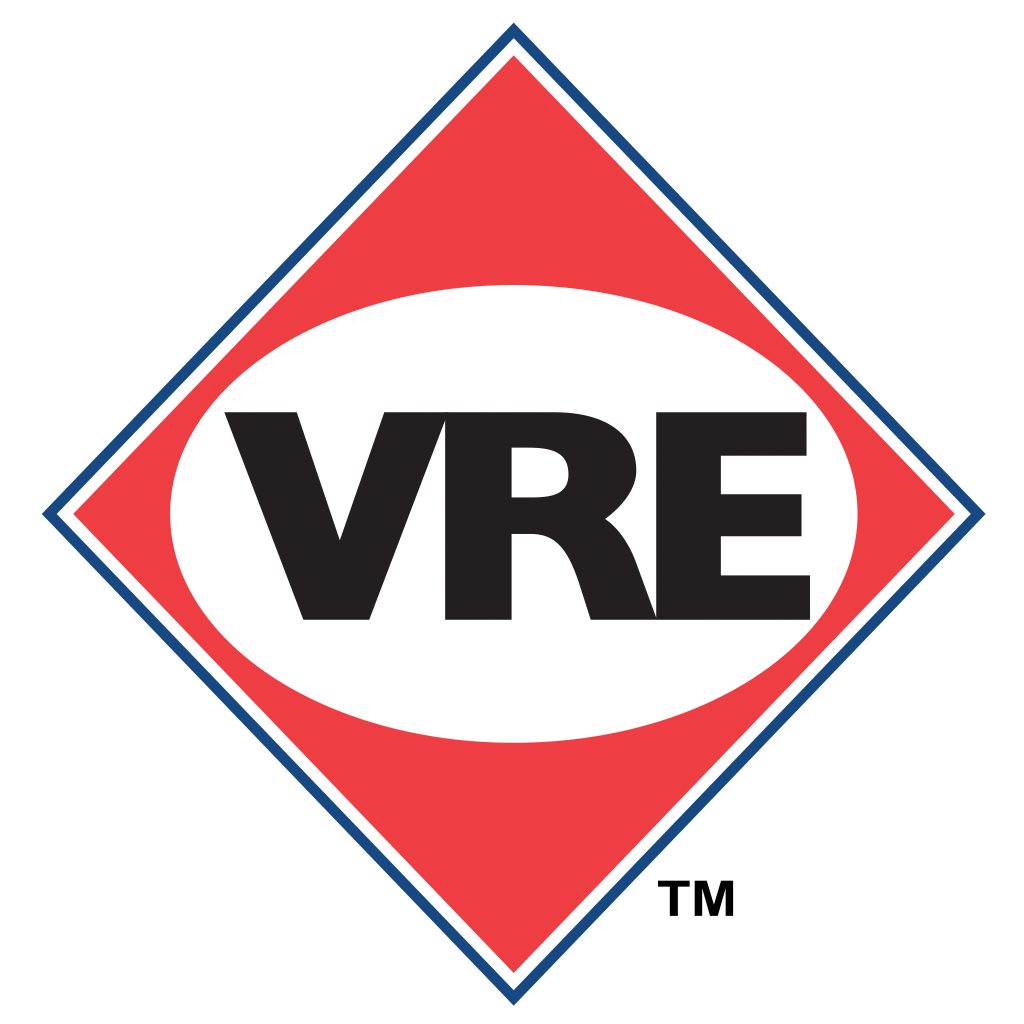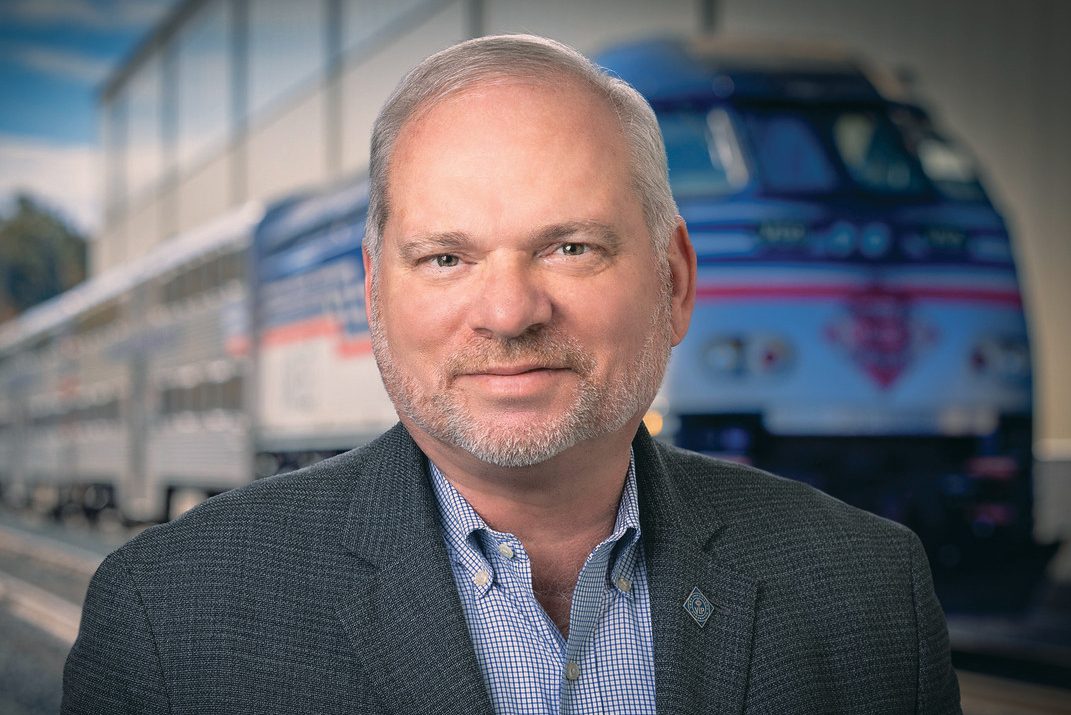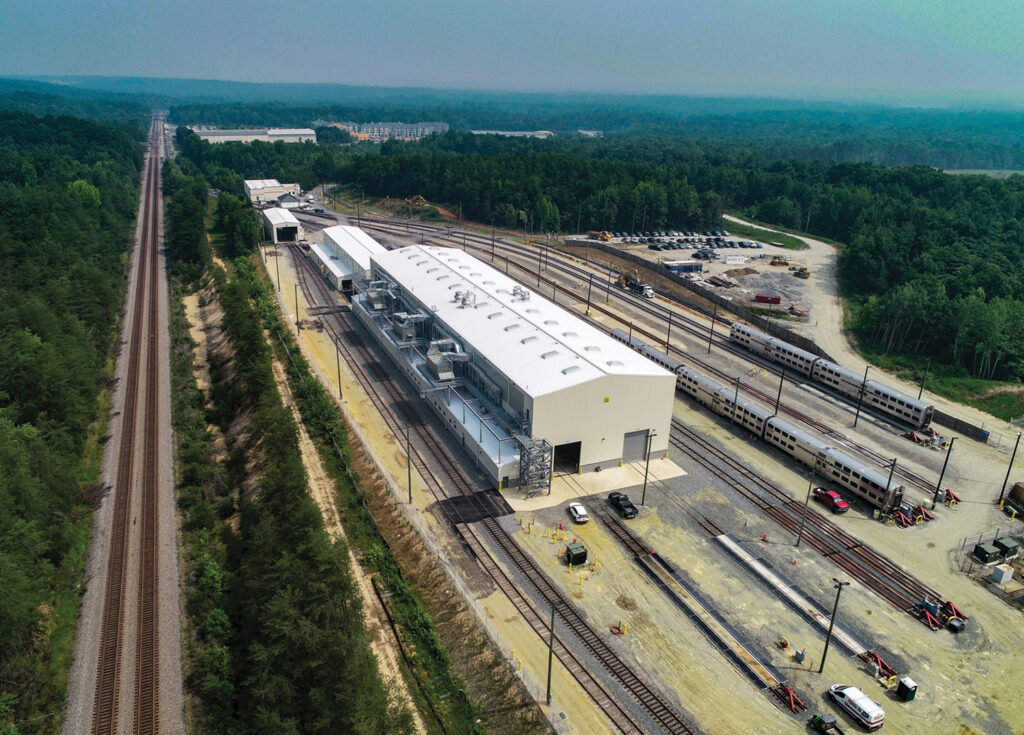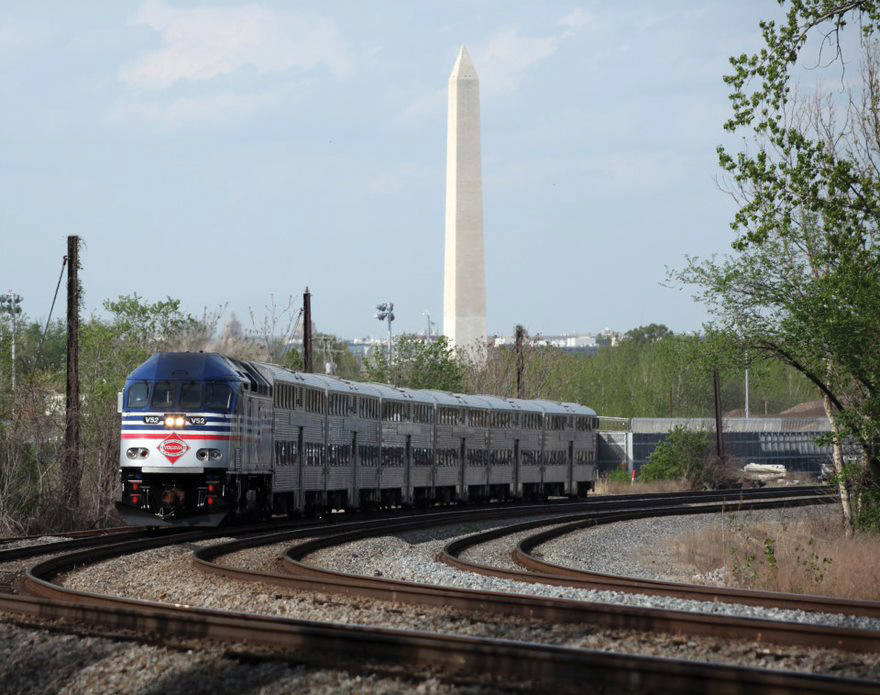APTA Member Profile: Rich Dalton
7/1/2025

Chief Executive Officer
Virginia Railway Express (VRE)
Alexandria, VA

Please describe VRE’s role.
An integral cog in the National Capital Region’s transportation network, the Virginia Railway Express (VRE) is a commuter rail service connecting Northern and Central Virginia with Washington, DC. Our focus is on providing safe, reliable, and convenient transportation along rail lines that parallel two of the region’s most congested corridors: I-95 and I-66.
What is the culture like at VRE?
Our team consists of 60 dedicated staff members—many, like me, with more than a decade at VRE—and approximately 200 contracted workers who provide onboard, mechanical, and facilities services.
We pride ourselves on being an inclusive, collaborative, and family–oriented workplace where business is conducted with a strong safety culture, team focus, and a customer-service and results-driven approach. Our willingness to invest in staff—through a comprehensive onboarding program and support of training, educational, and career-development opportunities—fosters engagement and promotes retention.
What are some of VRE’s current initiatives?

VRE is fortunate to operate in a region where collaboration among transit agencies is valued. Two initiatives—one regional; the other in Virginia—are looking at ways to ensure the long-term viability of transit service and identify sustainable funding mechanisms. VRE is working closely with members of a state joint subcommittee to evaluate the needs of public transportation to include sustainable, dedicated funding.
The region’s two commuter railroads, VRE and MARC, the Washington Metropolitan Area Transit Authority (WMATA), and a dozen bus systems are among those working through DMVMoves to take a holistic look at the region’s transit network, determine future mobility needs, and explore ways to finance improvements.
What do you see as the biggest challenges and opportunities facing VRE and the public transportation industry in general over the next few years?
With, perhaps, the exception of the years leading up to the launch of VRE service in 1992, this moment in time presents us with some of our greatest opportunities. VRE’s metamorphosis from a commuter- to a regional-rail service will undoubtedly come with growing pains. Infrastructure improvements will necessitate enhanced operational flexibility to minimize construction-related delays and increased communications and outreach to passengers and stakeholders.
Our draft System Plan 2050 envisions the addition of bidirectional and weekend service. We look to grow the number of weekday trains incrementally from the current 32 per day to as many as 140 in 2050. The implementation of weekend service would see 26 trains in 2030 and 32 in 2050. This vision is dependent on infrastructure improvements, many of which—such as a second rail bridge over the Potomac River—are already under construction.
When I came to VRE 16 years ago, such expansion seemed unlikely. Working strategically with our partners, stakeholders, and host railroads, we have laid the foundation for a rail service that will not only transform travel in the Commonwealth but allow VRE to further contribute to the region’s economic vitality.

What do you find particularly rewarding about your position?
As with any vision or plan, it is not worth the paper it is written on unless you have the will and the means to execute. I have the privilege to work with an outstanding team of professionals who dedicate themselves to providing an excellent rail service for our passengers. That team is truly what keeps me at VRE.
There’s little I enjoy more than watching as new ideas bubble to the surface and staff take those ideas and work to make something out of them. Not all succeed, but that is how we, as a team, learn and grow. My best advice to others is, “If it is not working, stop doing it.” These are exciting times for VRE, and I am confident the team is prepared to take our rail service to the next level.